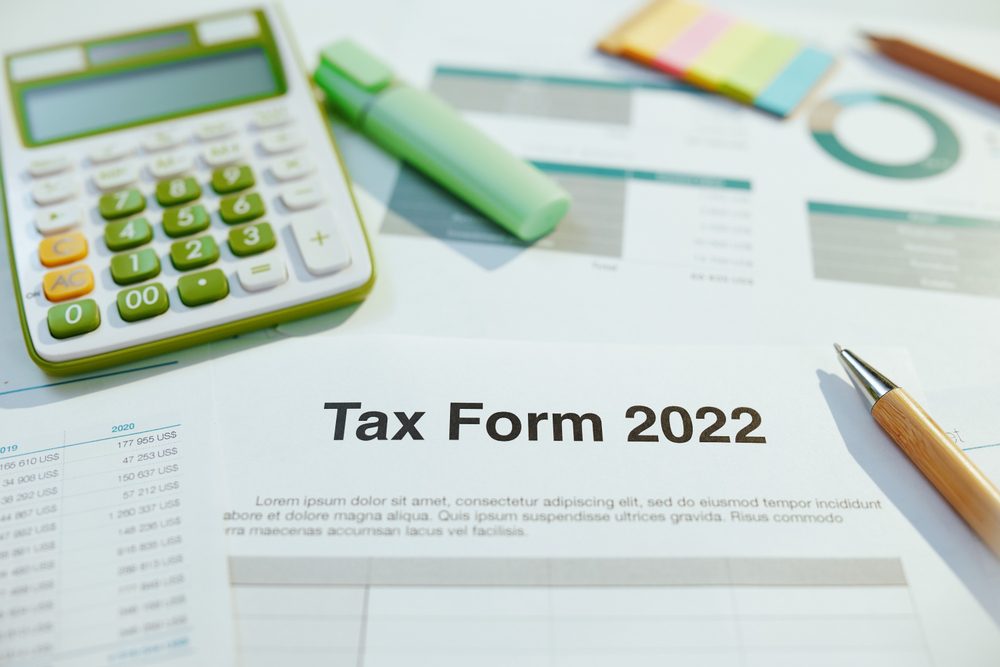
Whenever it’s about taxes, I cross my fingers and hope everything will turn out fine. But it’s not always like this. And most of the time, we should be aware of this. And we all know how much the IRS can mess with our heads. Are you aware of what “IRS” means? The Internal Revenue Service is a service that works for the United States government and is responsible for taxes.
This service is in charge of checking all of your data you’ve sent to make sure you’re not lying. Of course, you don’t have to worry about this if you’re telling the truth and nothing but the truth. Otherwise, you should be concerned about the audit.
Keep in mind that the IRS selects people to audit based on suspicious activity, so if you feel like you are not good at calculating your taxes, make sure you ask for help. So be sure you stay away from an IRS audit by avoiding these 9 things.










Curious